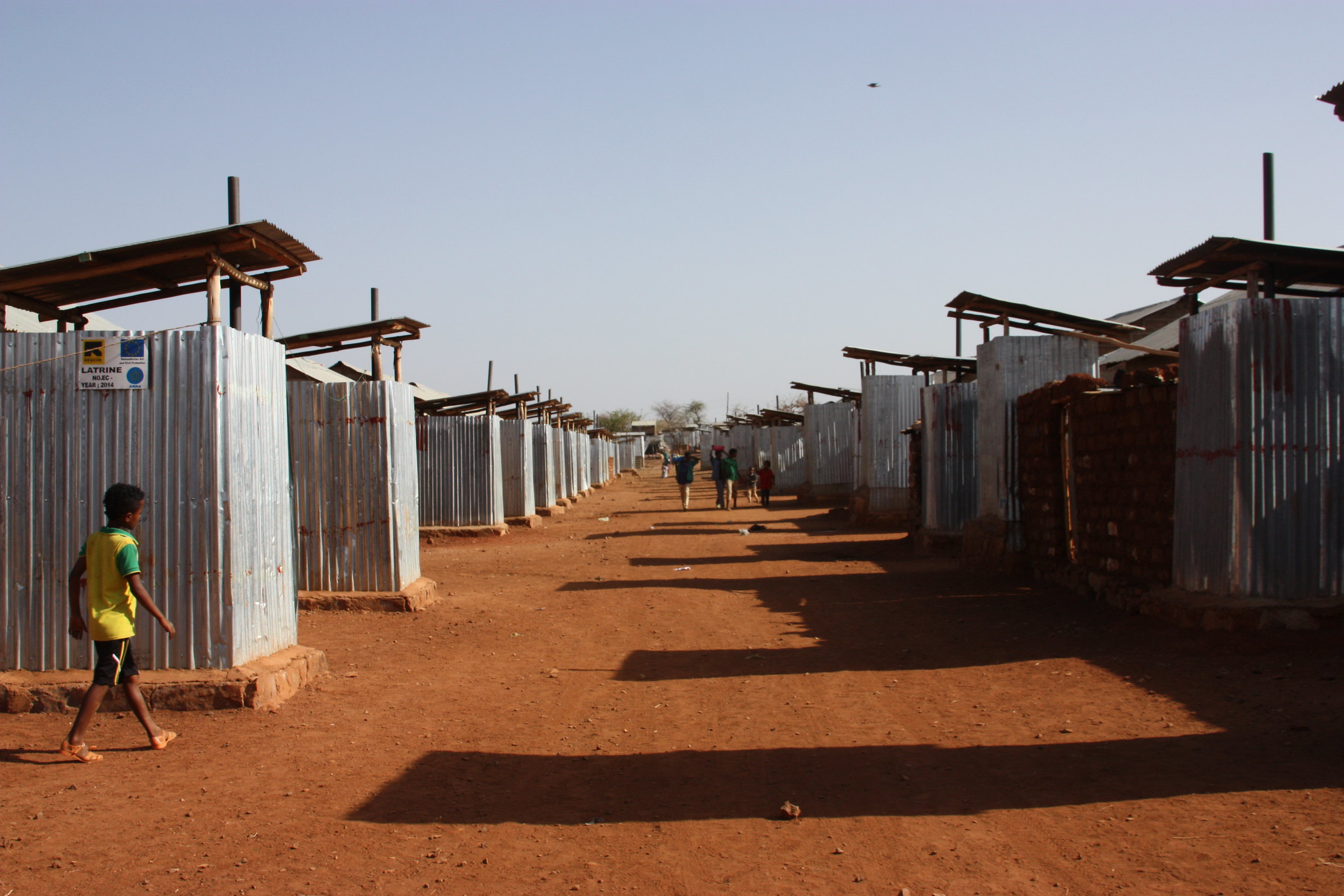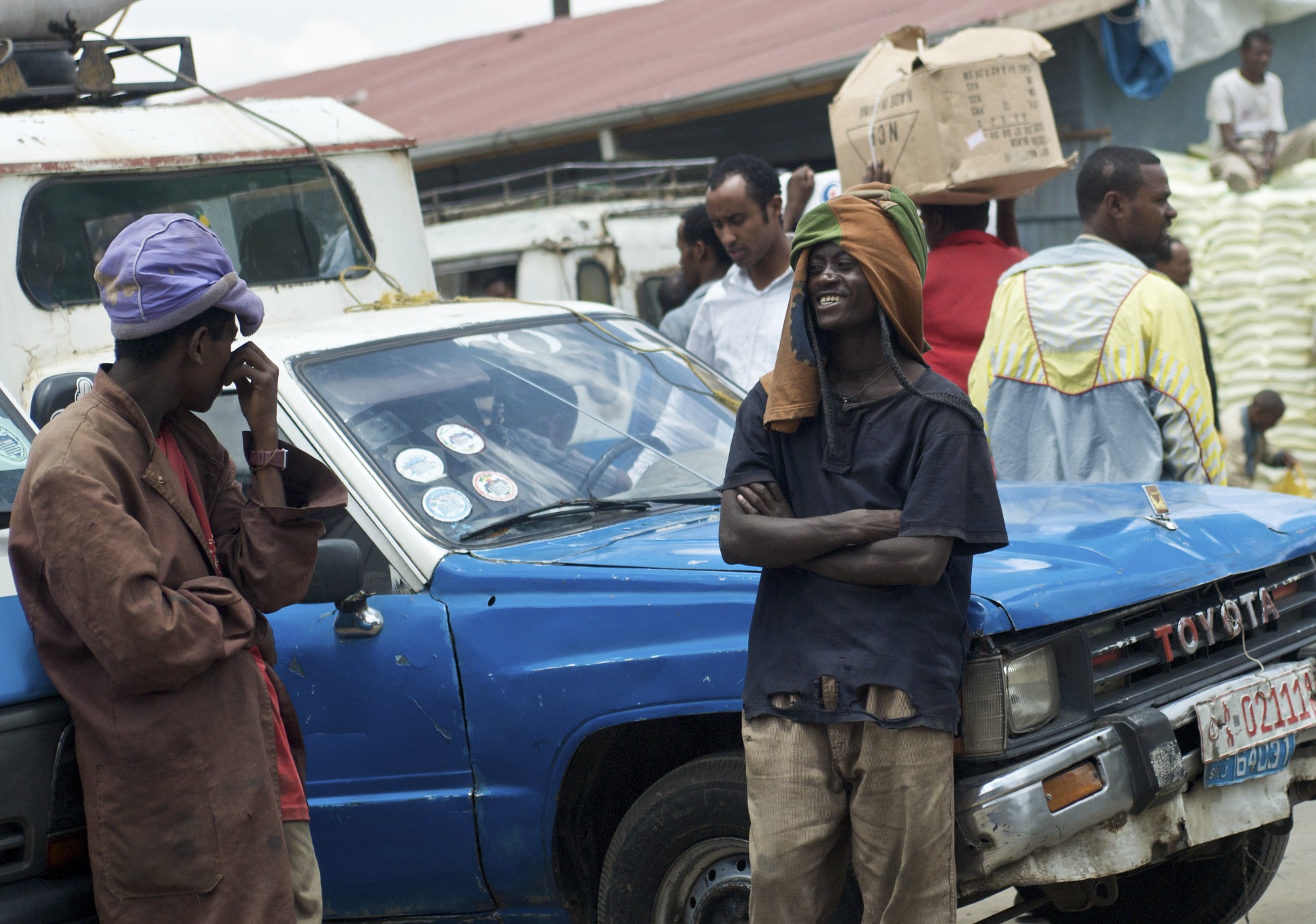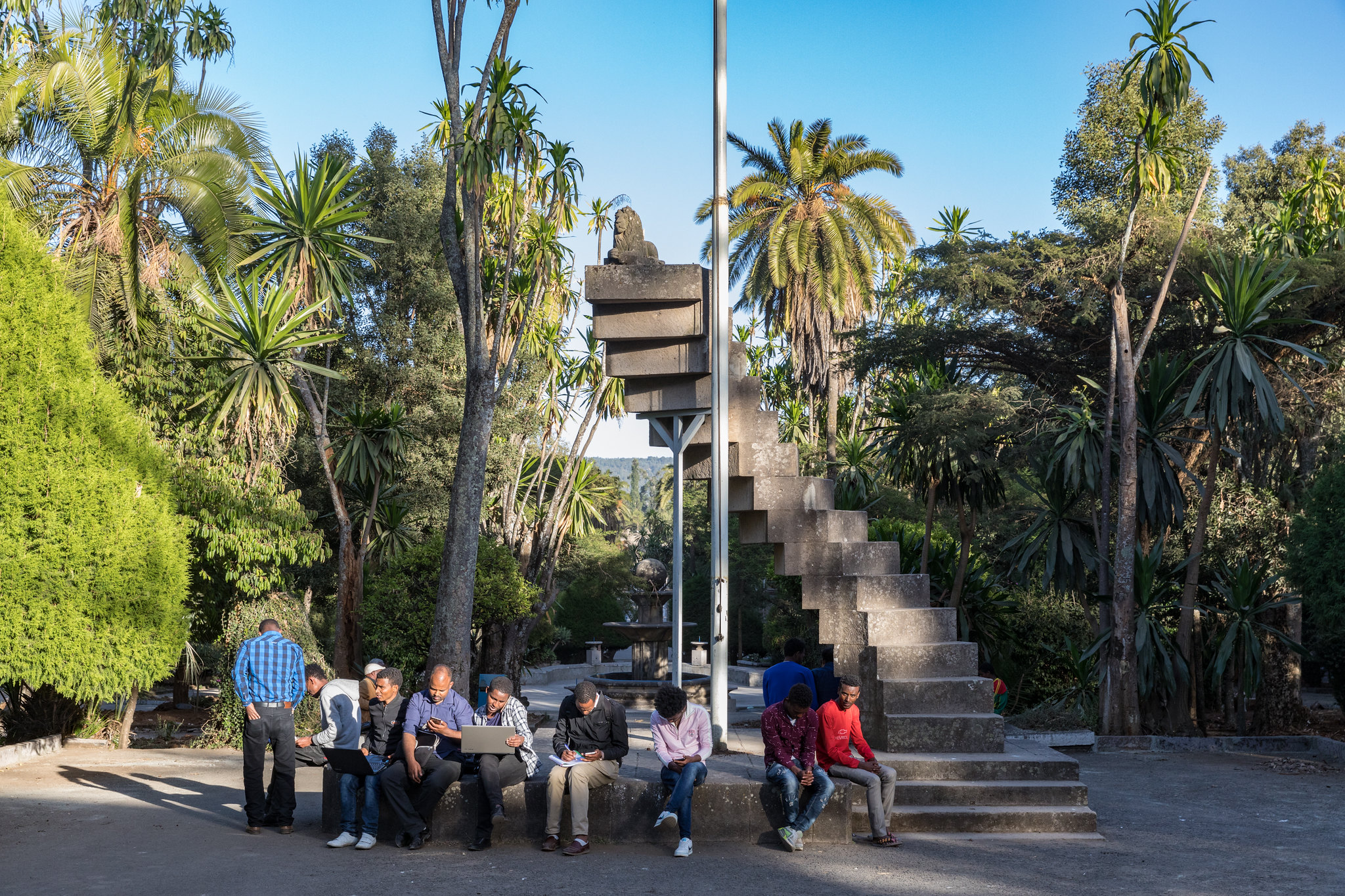Violent clashes have taken place among Ethiopian refugees who are stuck in Yemen after the Ethiopian government refused to repatriate non-Oromo people. This has left thousands stuck in a war-torn country after being tricked by people smugglers, writes Arushi Singh.
On 11 September 2023, Yemeni security authorities launched an operation in Aden to quell violent clashes that resulted in ten deaths and numerous injuries of Ethiopians. Oromo Human Rights representatives said that the primary cause of the clashes was the Ethiopian government’s refusal to allow migrants from Amhara and Tigray ethnicities to return to the country. Ethiopia cited security concerns in those regions and has only allowed nationals of Oromo ethnicity to return.
The UN estimates that there are over 200,000 African immigrants in Yemen, including 43,000 stranded individuals. These migrants are unable to continue their journey or return to their home countries and are living in dire humanitarian conditions. Meanwhile, many migrants want to return to their home countries after they were deceived by smugglers who brought them to a war-torn nation instead of the Gulf.
The clashes started outside the International Organization for Migration’s office when migrants demanded to go back to Ethiopia. Stranded and unable to proceed with their onward journey, they were unable to go back to their home countries and stuck enduring extremely challenging humanitarian conditions. Those barred from travelling attacked the international immigration representative. One of the guards was stabbed, and in response they shot the attacker, resulting in his death. The clashes then escalated and spread to other areas, resulting in ten fatalities, including six Amhara, one Tigrayan, and three Oromo. The protests were against the Ethiopian government’s decision to only repatriate migrants from the Oromo community. The Amhara community in Aden, now stuck in Yemen, has voiced concerns about the inadequate provision of essential services in the refugee camps where they live increasing local tensions.
The Amhara region is now a centre of conflict with federal forces, reminiscent of the Tigray war. Government officials from President Abiy’s Oromo Prosperity Party openly encourage Tigrayans to arm themselves against the Amhara, indicating a reliance on responding to violence with more violence. The Amhara region has seen ongoing instability since its leaders came to power in 2019, with successive leaders from the Prosperity Party facing challenges. Ethiopia justified denying its citizens the right to return by citing security concerns in those regions and chose to admit only individuals of Oromo ethnicity, with no solution in sight for anyone else.
Meanwhile, the International Organization for Migration (IOM) has returned approximately 11,000 immigrants to their home countries through its voluntary return program, which aims to support stranded migrants for a safer return. The IOM is concerned about the precarious situation along Yemen’s border areas, with ongoing reports of violations against migrants.
Yemen has been mired in violence and instability since 2014 when Houthi rebels aligned with Iran seized control of much of the country, including the capital, Sanaa. This conflict has led to one of the world’s most severe man-made humanitarian crises, with over 23 million people requiring humanitarian assistance and protection, and more than 19 million at risk of starvation, according to the latest UN estimates. However, some migrants embark on this journey without fully comprehending the risks. Only 30 per cent of Ethiopian migrants surveyed in Djibouti knew about the ongoing civil war in Yemen.
Meanwhile, Yemeni activists have claimed that the Houthi have established two training camps to recruit African migrants one in Saada and another in the Abs district of Hajjah that borders the Red Sea. These allegations come alongside ongoing efforts by the Houthi security apparatus to track and apprehend African migrants in Yemen’s northwest region of Saada, resulting in the kidnapping of over 2,000 individuals in different areas of the province. Reports state that the Houthis and smuggling networks transport people, the khat plant, and illegal goods to neighbouring countries. Allegedly, the group financially rewards African refugees who participate in such operations and even supplies them with weapons. Many Houthi officials and members of the Somali community in Sanaa gathered to pay their respects at the funeral prayers held for Mohamed Saleh Sheikh Taher, a Somali national who lost his life while participating in combat. During the ceremony, the Houthi representatives commended the bravery displayed by Mohamed Saleh Sheikh Taher and expressed their gratitude for his dedication to combatting those who opposed their movement. Reports by the Yemeni Network for Rights and Freedoms, claim that the Houthis have participated in the disappearance of hundreds of African refugees between 1 January 2017, and mid-2023 across 17 provinces.
Yemen is not the only dangerous part of the Gulf for African migrants. Human Rights Watch released a report stating that Saudi border guards shot at and used explosive projectiles against Ethiopian migrants, resulting in hundreds of deaths over 15 months.
In September 2023, a Houthi delegation embarked on an official visit to Riyadh for talks with Saudi Arabia that was the first of its kind since 2014. A peaceful resolution in Yemen could pave the way for a more comprehensive solution to the migrant crisis in the country. The cessation of hostilities and the establishment of stability could create a conducive environment for addressing the dire humanitarian conditions faced by African migrants in Yemen, but that seems a long way off.
Photo credit: World Humanitarian Summit used with permission CC BY-ND 2.0 DEED





